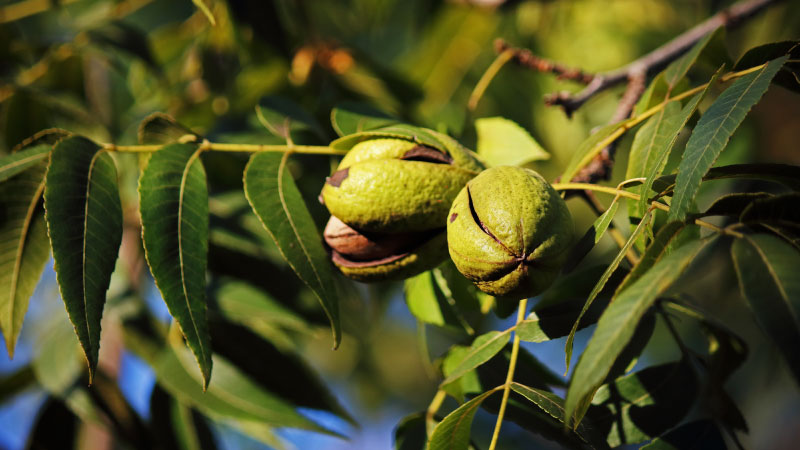Representatives Call for Review of Clean Water Act Case against Duarte Nursery
House Judiciary Committee Chairman Bob Goodlatte (R-VA) and House Agriculture Committee Chairman K. Michael Conaway (R-TX) sent a letter to U.S. Attorney General Jeff Sessions calling for a review of the legal theory underlying the Department of Justice’s (DOJ) decision to prosecute a California court case alleging violations under the Clean Water Act (CWA). What is being called into question is directly related to both the statutory exemptions for farming and the Obama Administration’s waters of the U.S. (WOTUS) rule.
The letter requests information about the DOJ’s process for prosecuting violations of the CWA, citing specific concerns about the case of Duarte Nursery vs. Army Corps of Engineers. In the letter, the chairmen note Congressional concerns that the theory underlying the prosecution is “not consistent with legislative intent behind the farming exemptions under the CWA.” The letter also seeks to clarify whether a legislative fix is required to protect farmers, such as California farmer John Duarte, from similar prosecution in the future.

John Duarte
Duarte is owner of Duarte Nursery, one of the largest grapevine and nut tree suppliers on the West Coast.
Duarte’s case stems from a February 2013 U.S. Army Corps of Engineers (the Corps) allegation that the vernal pools on Duarte’s land are considered WOTUS, thus subject to CWA authority. The Corps argued that based on inconsistent agriculture production patterns on the land prior to Duarte purchasing it in 2012 meant he did not qualify for farming exemptions and had violated the CWA when he plowed his field in late 2012.
Update On The Case
Anthony Francois, Senior Staff Attorney of the Pacific Legal Foundation, says the case is set for trial on Aug. 14, where Duarte is subject to a $2.8 million penalty. Francois says the judge has ruled the plowing – about 4 to 7 inches deep – required a Clean Water Act permit.
“Because, even though plowing for crop production is not regulated by the Act, in this case the plowing moved soil from side to side,” Francois says.
Francois says the Pacific Legal Foundation has asked for a stay in the trial, pending the outcome of another case in the Ninth Circuit Court of Appeals. He says the decision in the pending case could change the applicable law on how much of farmers’ land the Corps of Engineers has authority over.
“If the Ninth Circuit does modify or clarify the law, then the government will not be able to prove that any of the vernal pools that were plowed are subject to the Clean Water Act. However, the judge said that our motion for stay would be denied. Once we get a formal ruling on that, we will appeal it to the Ninth Circuit to ask that court to stay the penalty trial,” he says.
Francois says the Pacific Legal Foundation is also filing a motion to ask the judge to exclude evidence the government seeks to introduce of navigable waters on the property based on a Clean Water Act guidance document. The guidance document identifies Clean Water Act authority over isolated wetlands.
“That guidance is required to be submitted to Congress under the Congressional Review Act before it may take effect, but never was submitted,” he says. “The 2008 guidance purports to implement many of the same expansive views as the 2015 WOTUS Rule as to how much of farmers’ fields the federal government can control under the Act.”










